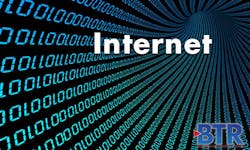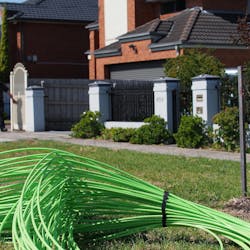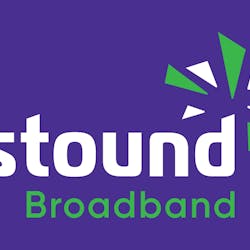The World Health Organization has declared the coronavirus outbreak a global pandemic; it's clear from the mainstream news that uncertainty about the impact and concern over its spread is affecting travel, sports, healthcare, education and more, but its reach extends beyond the obvious industries. Cable is not immune.
For starters, the National Association of Broadcasters (NAB) has decided to postpone its convention, which was scheduled for April. NAB President and CEO Gordon Smith said the decision was made after consulting with the NAB Show community and that the organization is considering a variety of possible alternatives.
The NAB show generally has more than 100,000 attendees. At the beginning of last week, 4% of the show exhibitors had pulled out, most of whom were from China and had travel restrictions already imposed upon them. But just a few days later, it became clear to NAB's Smith that a policy of no handshakes wasn't going to be enough.
"We are still weighing the best potential path forward, and we ask you for your patience as we do so," Smith said in a letter. "We are committed to exploring all possible alternatives so that we can provide a productive setting where the industry can engage with the latest technology, hear from industry thought leaders and make the game-changing connections that drive our industry forward."
On another front, all of the telecommuting that is being encouraged, along with school closures and expected increases in streaming, could put networks to the test.
The NCTA released a statement saying that as of Thursday (March 12), members in areas most affected by the outbreak have reported "modest, but manageable changes" in consumer Internet usage.
"We remain vigilant in monitoring and managing network performance around the clock and are confident that our networks will perform well in adapting to any changes in consumer behavior that may result as a consequence of a community's response to COVID-19," the NCTA statement said.
The NCTA also addressed the digital divide and the needs of teachers and students for at-home instruction. "Our companies are actively exploring additional ways to expand existing initiatives and develop strategies that will help more families, especially those with school age children who may be forced to be out of school get connected."
Comcast (NASDAQ:CMCSA) announced that low-income families who are new customers can sign up for 60 days of complimentary Internet Essentials service. It normally costs low-income households $9.95 per month. Comcast also will increase speeds for Internet Essentials service from 15/2 Mbps to 25/3 Mbps for all new and existing customers.
"We … know that for millions of low-income Americans who don't have Internet service at home, this uncertain time is going to be even more difficult to manage. As schools and businesses close and families are encouraged or even mandated to stay home, Internet connectivity becomes even more important," Comcast said.
Comcast is also among the 69 U.S. cable and telecommunications companies - along with AT&T, Charter, Verizon and Cox - that have signed the FCC's Keep Americans Connected Pledge. These companies have promised that they won't disconnect broadband or telephone service to any customers for the next 60 days even if they cannot pay the bill.
Additionally, late fees will be waived for residential or small business customers that are incurred due to "economic circumstances related to the coronavirus pandemic." The FCC also suggests that operators to open WiFi hotspots to the public for free.





